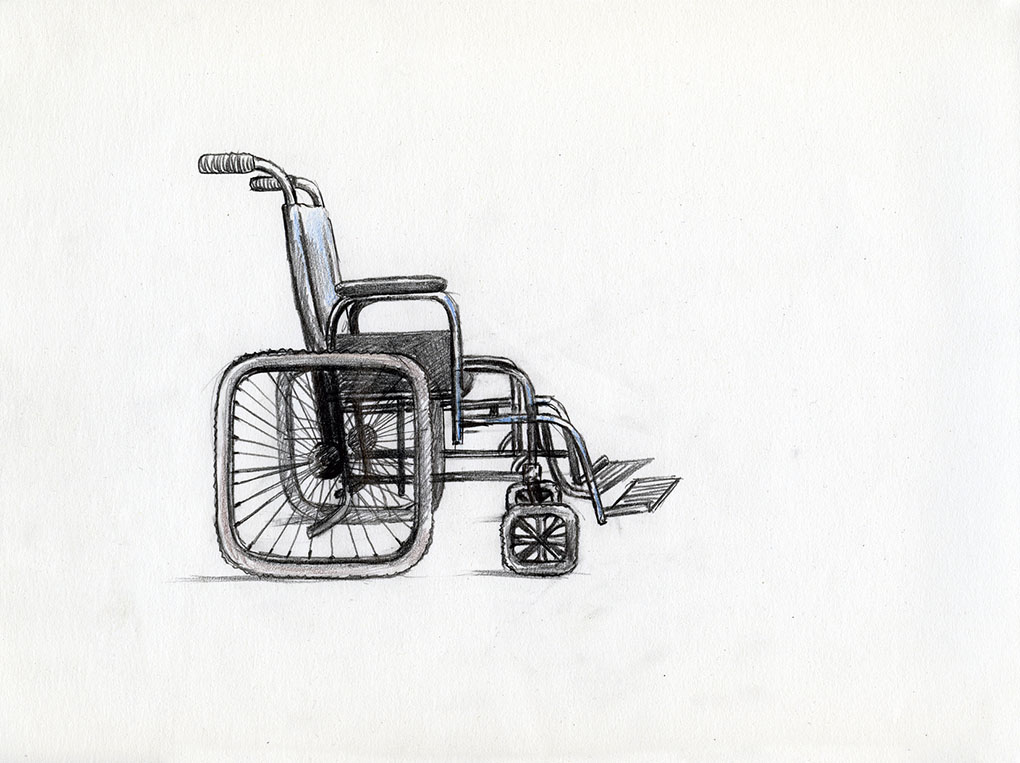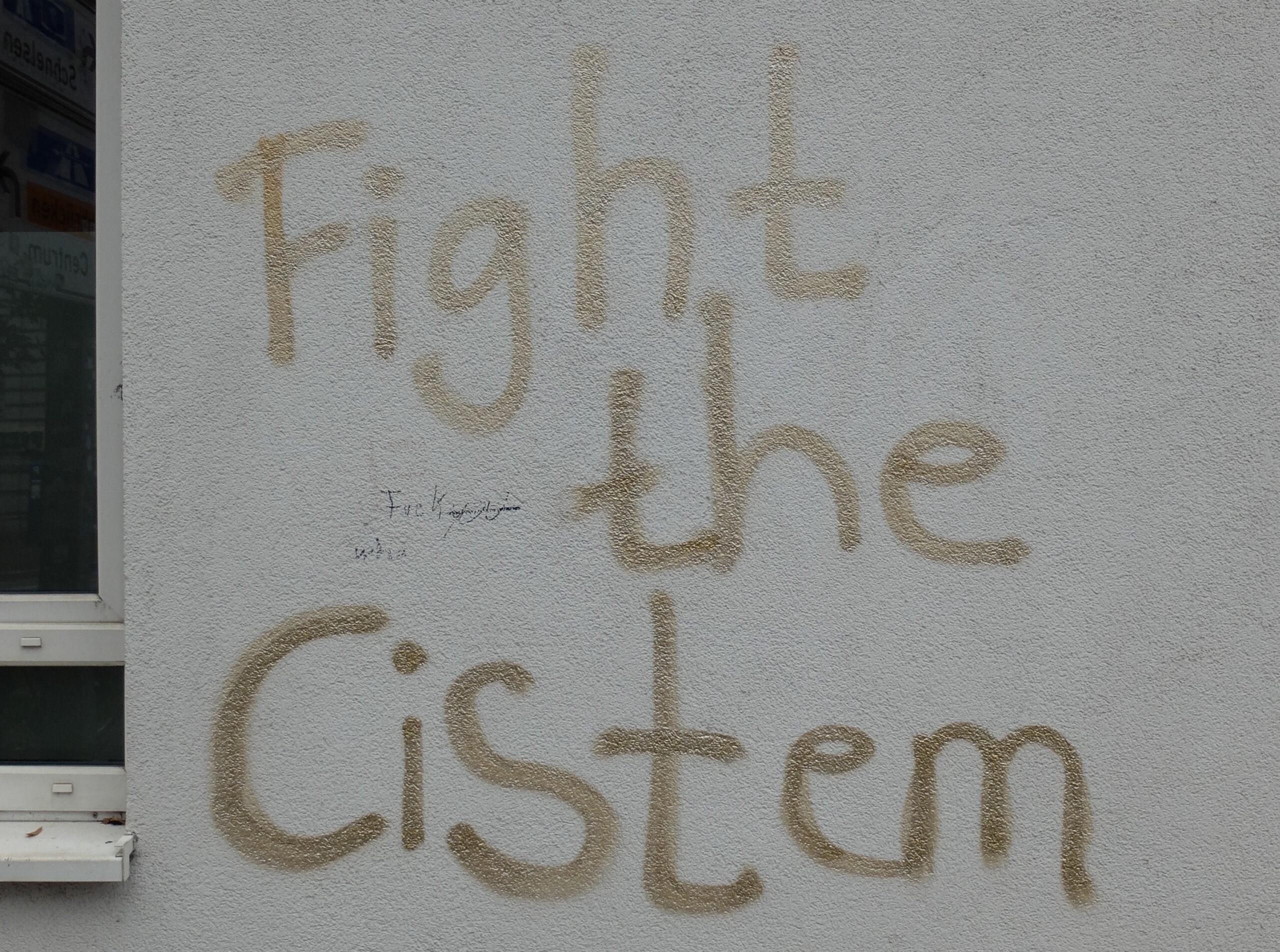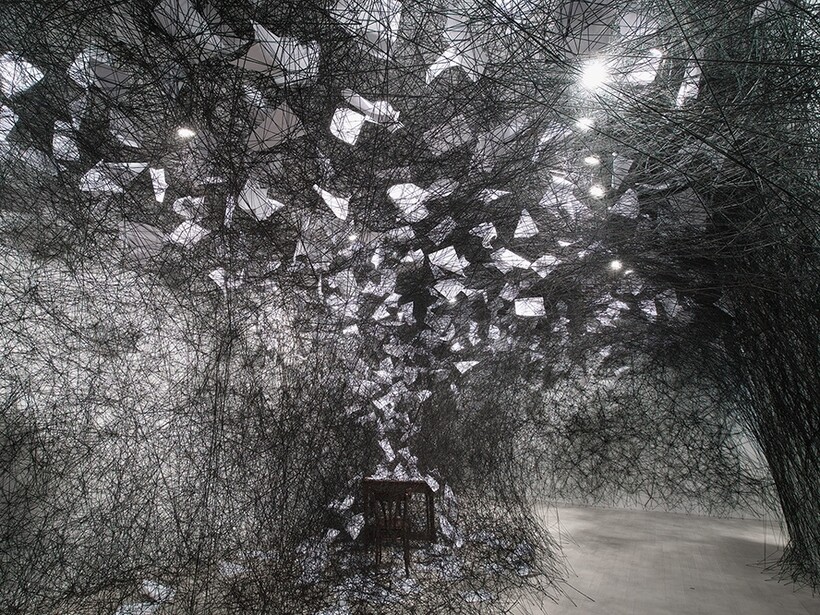Kritische Theorie

“[Kritische Theorie ist eine] Mischung aus Marx und Freud, die sich aber, anders als die Theorien jener intellektuellen Giganten, nicht auf eine tatsächliche Änderung der Zustände – die Heilung des Patienten bei Freud, bei Marx das Umwerfen ‘aller Verhältnisse, in denen der Mensch ein erniedrigtes, ein geknechtetes, ein verlassenes, ein verächtliches Wesen ist’ – richtet, sondern auf die permanente Kritik. Was für einen Akademiker sehr angenehm ist. Solange nur kritisiert wird, wirft kein Prolet seinen Lehrstuhl um.
Wer mit der ‘Kritischen Theorie’ eine beliebige Erscheinung der Gegenwart analysiert, wird immer finden, dass die kapitalistische Entfremdung daran schuld ist. So wie bei Katholiken die Erbsünde und der Teufel, bei Libertären der Staat. Ist der Sinn der Erkenntnis für den modernen Menschen die Überwindung, so ist er für Gläubige die Bestätigung des Dogmas. …”
aus: Alan Posener: Wie spät ist die Moderne? Und wenn ja, wie viele? starke meinungen de, 3.12.23, im Internet.
Abb.: Nocturnaltimes, Youtube 2016, im Internet.
12/23




